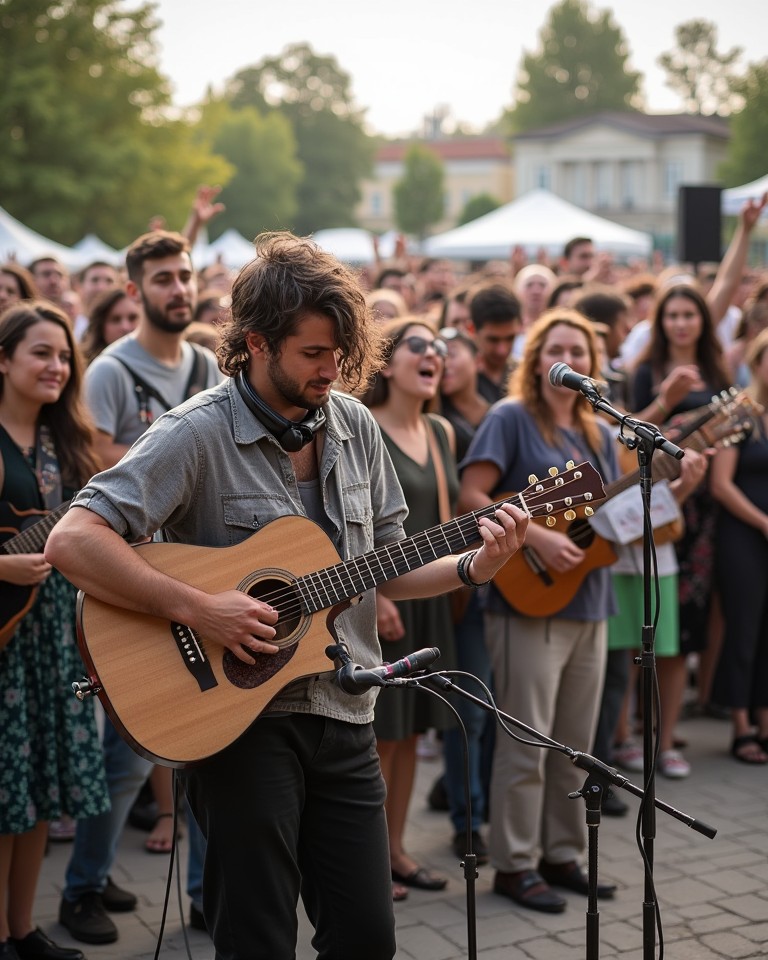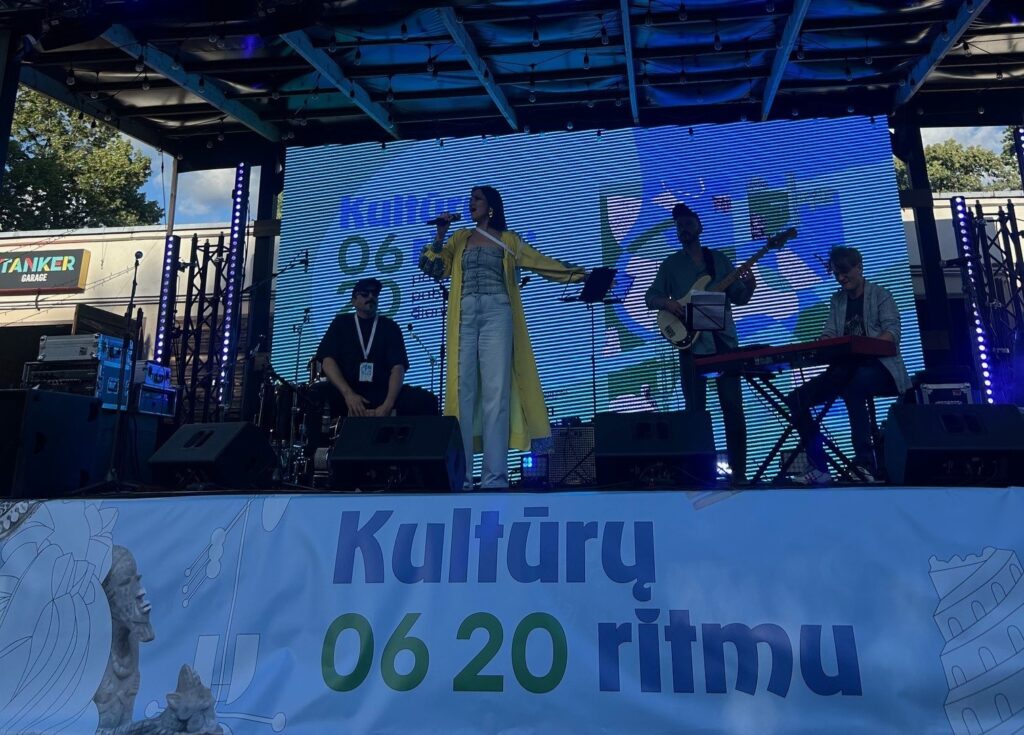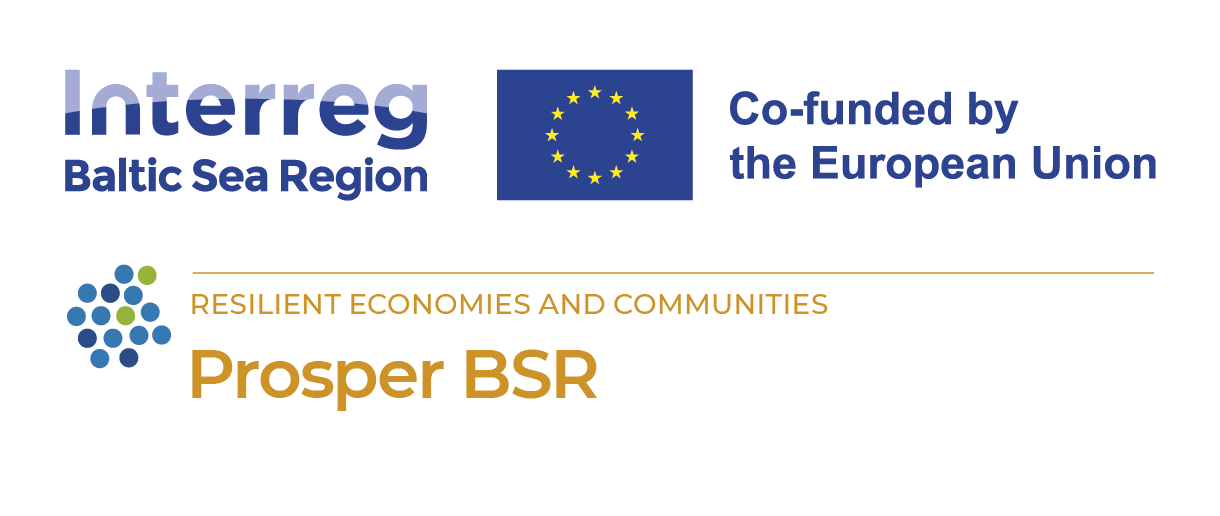World Refugee Day was started on June 20, 2001, commemorating the 50th anniversary of the Convention on the Status of Refugees. The Convention defines a refugee as a person who has left his/her home and country due to a well-founded fear of being persecuted for reasons of race, religion, nationality, political opinion or membership of a particular social group. Many refugees are also forced to leave their homes due to natural or war disasters. It is estimated that 20 people leave their homes every minute around the world, fleeing war, persecution or terror.

June 20th is intended to draw attention to the major challenges faced by people who had to leave their homes. Also emphasize their rights and dignity, increase empathy and understanding towards them. This day is considered one of the occasions to call on societies to look at refugees not as an abstract threat, but as people with individual stories whose integration creates more diverse and tolerant societies.
“World Refugee Day is a special day to draw attention to the plight of refugees around the world and celebrate their strength and courage. These people’s journeys are often long and dangerous, but their quest to find safety and a better life is a remarkable example of endurance. Let’s make this day a celebration where we also celebrate our ability to be welcoming, empathetic and open to each other. World Refugee Day is a reminder that despite our different places of origin and cultures, we are all united by common values and humanity,” says Deputy Minister of Social Security and Labor Justina Jakstiene.
The festival’s “Cultural Rhythms” music stage welcomed exceptional and inspiring performers to hear their music and stories from different cultures. “The World Refugee Day celebration is not only important for the newcomers to Lithuania – refugees, asylum seekers – but also for our society: to show how many different people with their own unique cultures and traditions are living here, and how that enriches us. World Refugee Day is a catalyst that brings cultures together in a very sensitive way and empowers everyone’s voices, everyone’s story,” says Aiste Ulubey, the founder and director at Artscape


The festival stage welcomed 7 performances created by 17 musicians from very diverse backgrounds:
Musician and singer Yusuf Suleiman presented himself as a representative of the Uyghurs. As a musician he experiments with both traditional and modern musical instruments, and as a singer he is well versed in Uyghur folk and pop music. As a Uyghur and a well-known musician, Yusuf faced threats, harassment and possible illegal deportation from Turkey back to China.
- Another performer, Cris Gera, born in Zimbabwe and currently living in Sweden, has been in the world of music since childhood. His work mainly reflects the rhythms of Afropop, jazz and soul, but in some songs he incorporates Zimbabwean traditional sounds and gospel elements. The musician is also an active defender of human rights and social justice through music and art, so some of his work tells the story of the struggle for emancipation in Africa and Zimbabwe.
- Maryna Pylypenko Quartet (Ukraine, Lithuania) presented an ethno-jazz program featuring Ukrainian songs in jazz arrangements. Maryna Pylypenko is not just a vocalist. She is also a cultural promoter of Ukrainian traditions in Lithuania. This is the voice of a modern Ukrainian woman. Born in Dnipro, Maryna was actively involved in the musical life of her native country, worked as a vocal teacher in Odessa and performed in concerts. She continues her artistic activities in Lithuania.
- JazzLingual Rhythms (Ukraine, USA, Lithuania) band featured a talented lineup of musicians. The band’s repertoire spans diverse music styles such as modern jazz, funk, soul, contemporary, and Bossa Nova/Latin. Their music is enriched with a colorful blend of languages from various countries, including Ukrainian, Lithuanian, and English, presented alongside original lyrics and compositions.
- The popular group Uphill7 (Lithuania, Belarus, Afghanistan) started their journey in a multicultural environment in “Caritas” day center in Pabradė. The musicians perform both their own songs and covers of well-known hits, and there is no shortage of strong dance rhythms at the concerts. Predominantly performed in
- The Lithuanian artist AISTÈ delivered intimate and sensual versions of songs from her debut album, which encourage everyone to believe in a better tomorrow.
- Zay’Zemi is a charismatic Venezuelan artist, currently living in Lithuania. The artist’s music pulsates with tribal and African – American rhythms, and the music reflects percussive rhythms and South American and African sounds.
The “Cultural Rhythms” festival also featured creative workshops, art installations, a community zone, food and beverage zones, and other activities.
The festival is organized by the Ministry of Social Security and Labor of the Republic of Lithuania and the Arts Agency ARTSCAPE in partnership with the United Nations Refugee Agency (UNHCR), Vilnius City Municipality and Lithuanian Culture Council.
Vilnius Chamber of Commerce, Industry and Crafts has been participating in the Interreg Baltic Sea Region project Prosper BSR since 2022. More about the project: https://www.cci.lt/projektai/projekto-prosper-bsr-tikslas-teikti-pagalba-profesija-turintiems-pabegeliams/
Gallery






